Hearts Made of Stone
 There was a song in the late fifties called “Hearts Made of Stone.” I’m sure the writer of this song had no idea he was quoting Scripture. The promise to Israel in Ezekiel 11:19 is, “Then I will give them one heart, and I will put a new spirit within them, and take the stony heart out of their flesh, and give them a heart of flesh.”
There was a song in the late fifties called “Hearts Made of Stone.” I’m sure the writer of this song had no idea he was quoting Scripture. The promise to Israel in Ezekiel 11:19 is, “Then I will give them one heart, and I will put a new spirit within them, and take the stony heart out of their flesh, and give them a heart of flesh.”
When we were in Israel we walked along the shore in Natanya. As we were walking on the beach we noticed hundreds of smooth pebbles shaped like hearts. We collected as many as we could carry back with us to the States. Many in our tour put these hearts in baskets, and as they prayed for the peace of Jerusalem daily, they lifted up the basket to the Lord and proclaimed this Scripture promise: “I will take the stony heart out of their flesh, and will give them a heart of flesh.”





 Although the entire civilized world recognizes the teaching of Messiah, His promise of blessing extends beyond the spiritual realm into everyday life. In fact, if you have a cell phone, a huge company in Israel probably made your antenna.
Although the entire civilized world recognizes the teaching of Messiah, His promise of blessing extends beyond the spiritual realm into everyday life. In fact, if you have a cell phone, a huge company in Israel probably made your antenna.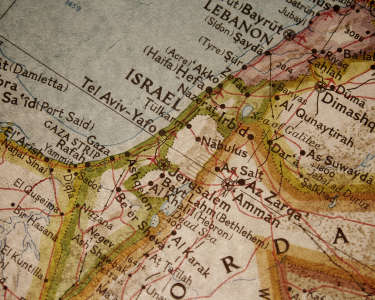
 It was a passage in Zechariah 14 that clinched it for Susan Jones, a Christian supporter of Israel from the United Kingdom. Immediately after reading the passage, Susan knew the time was right to plan her first trip to Israel.
It was a passage in Zechariah 14 that clinched it for Susan Jones, a Christian supporter of Israel from the United Kingdom. Immediately after reading the passage, Susan knew the time was right to plan her first trip to Israel.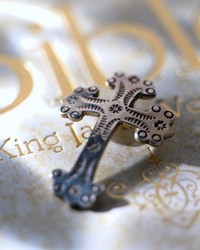
 Torah-observant Jews are extremely respectful of the Torah scroll. In each synagogue, the Torah scroll is placed in a special case called an ark. The scroll is rolled up, and a beautiful, embroidered cover is placed over the scroll to keep dust from collecting on it. When the time comes to remove the scroll for reading, a man is appointed to carefully remove the scroll from the ark and uncover it, placing it on the platform for the speaker.
Torah-observant Jews are extremely respectful of the Torah scroll. In each synagogue, the Torah scroll is placed in a special case called an ark. The scroll is rolled up, and a beautiful, embroidered cover is placed over the scroll to keep dust from collecting on it. When the time comes to remove the scroll for reading, a man is appointed to carefully remove the scroll from the ark and uncover it, placing it on the platform for the speaker.
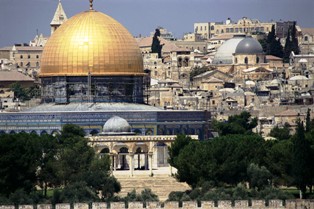
 Nearly everyone has a special place he would like to visit during his lifetime. For many people, that place is Israel.
Nearly everyone has a special place he would like to visit during his lifetime. For many people, that place is Israel.
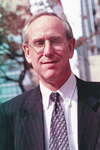
 Though Jesus clearly said of His return to the earth, “Of that day or hour no one knows” (Matt. 24:36, NKJV), there are signs throughout Scripture that point to the second coming of the Lord. One of them is the increasing number of Jewish people who are coming to recognize Yeshua (Jesus) as Messiah, and another is the growing body of Messiah in the land of Israel itself.
Though Jesus clearly said of His return to the earth, “Of that day or hour no one knows” (Matt. 24:36, NKJV), there are signs throughout Scripture that point to the second coming of the Lord. One of them is the increasing number of Jewish people who are coming to recognize Yeshua (Jesus) as Messiah, and another is the growing body of Messiah in the land of Israel itself.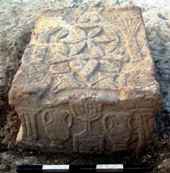
 The Israel Antiquities Authority in Migdal near the Sea of Galilee discovered a 2,000-year-old synagogue from the Second Temple period this month during archaeological excavations.
The Israel Antiquities Authority in Migdal near the Sea of Galilee discovered a 2,000-year-old synagogue from the Second Temple period this month during archaeological excavations.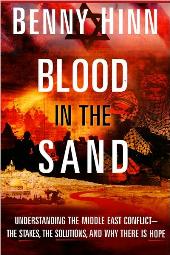
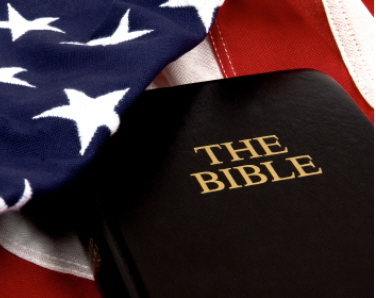

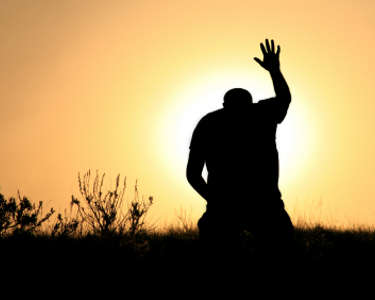 How do you define “revival”? To some, revival means longer, louder, emotionally packed services complete with signs and wonders. To others, revival is a semiannual, Sunday through Wednesday, camp-meeting style service that includes a guest speaker. Still others see it as an evangelistic campaign in which salvations and rededications are the only thing that matter.
How do you define “revival”? To some, revival means longer, louder, emotionally packed services complete with signs and wonders. To others, revival is a semiannual, Sunday through Wednesday, camp-meeting style service that includes a guest speaker. Still others see it as an evangelistic campaign in which salvations and rededications are the only thing that matter.
 If ever there was a justification for despair and terrorism, the Holocaust provided it. After the Nazis and their allies systematically murdered 6 million Jews, it would have been easy for survivors to abandon their faith in God and humanity and succumb to hate. Yet the Jews who survived the Holocaust never sought revenge or destruction. They wanted only to get on with life, to build families, homes and cities.
If ever there was a justification for despair and terrorism, the Holocaust provided it. After the Nazis and their allies systematically murdered 6 million Jews, it would have been easy for survivors to abandon their faith in God and humanity and succumb to hate. Yet the Jews who survived the Holocaust never sought revenge or destruction. They wanted only to get on with life, to build families, homes and cities.
 There comes a time in a nation’s history
There comes a time in a nation’s history
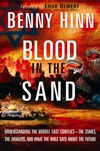 Television evangelist and author Benny Hinn documents his unique perspective of Middle Eastern world affairs in the new release Blood in the Sand. The book
Television evangelist and author Benny Hinn documents his unique perspective of Middle Eastern world affairs in the new release Blood in the Sand. The book